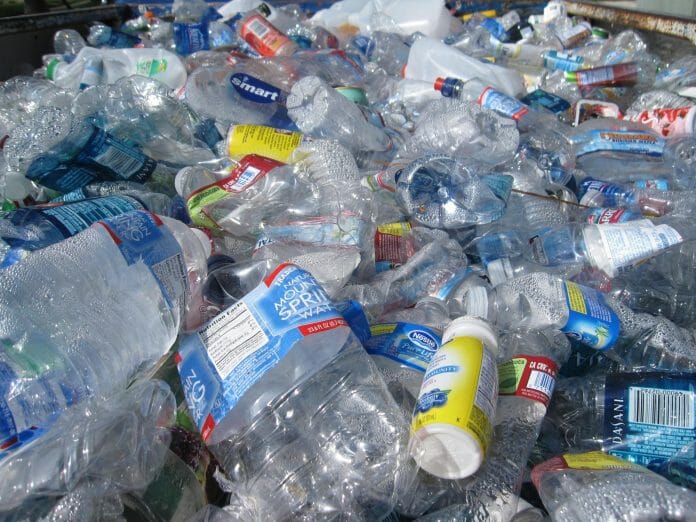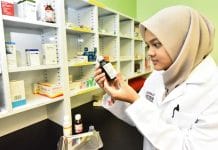By: Vishwam Sankaran
Scientists have compiled a list of over 16,000 chemicals present in plastic products and found that more than 4,000 of these were hazardous to human health and the environment.
The research review, known as the PlastChem report, was released on Thursday and comes ahead of the next round of negotiations for a UN treaty on global plastic pollution.
Researchers, who spent a year combing through research reports, sorted chemicals used in plastics based on their environmental and health effects – information the team hopes will inform governmental regulations and international negotiations to curb plastic use.
The review found that there are more plastic chemicals than previously known, and 4,200 (26 per cent) of these compounds, including those used as raw ingredients, stabilisers and colourants, are of concern due to their “persistent, bioaccumulative, mobile and/or toxic” nature.
“This report provides the foundation needed for informed policy decisions to the management of plastic and plastic chemicals,” Mari Løseth, a co-author of the report from the Norwegian Geotechnical Institute (NGI), said.
More than 400 of the chemicals identified in the report are in every major commonly used plastic product such as food packaging, and all the tested plastics leached hazardous chemicals into the environment, researchers noted.
Previous research has already shown that chemicals such as phthalates used in plastic products can disrupt the reproductive system and their early exposure in childhood is also linked to the development of asthma.
Exposure to other compounds such as perfluoroalkyl and polyfluoroalkyl substances used in some plastic products has been associated with increasing cancer risk and immune system problems.
The PlastChem report also found that the hazard data for more than 10,000 chemicals used in the plastic industry is unavailable, and for over 9,000 compounds there was no publicly available information about which products they are used in.
This is mainly because the plastic industry doesn’t share its proprietary information, researchers say.
While about 1,000 plastic chemicals are regulated by global treaties such as the Stockholm Convention on Persistent Organic Pollutants, thousands more are not.
“This report will be pivotal for informing policy development that is aimed at addressing plastic pollution. It provides robust scientific evidence for the universe of all plastic chemicals and presents a science-based approach to identify and deal with plastic chemicals of concern,” Laura Monclús, project manager of the PlastChem Project from NGI, said.
Scientists call for new approaches to regulate plastic chemicals, including hazard-based identification of groups of plastic chemicals of concern.









